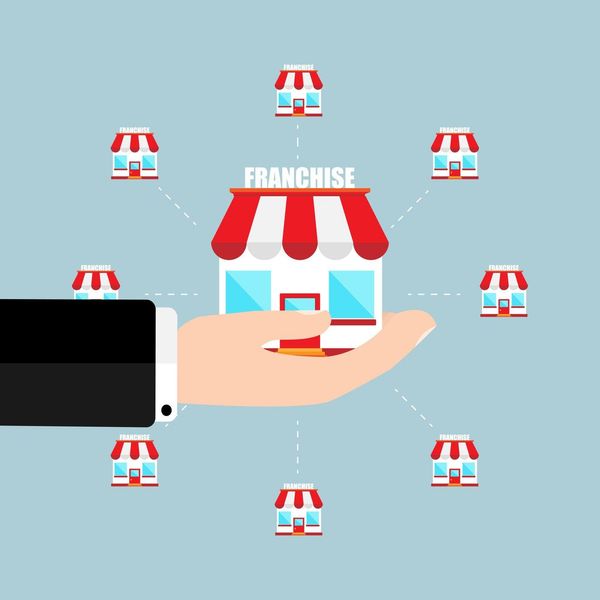Mediation in Franchising
Mediation is a tool that should be used more often to resolve franchise disputes. If applied early in a dispute – before the litigators get involved and start tearing down the relationship – mediation is the best hope for a resolution that will preserve the value that franchisors and franchisees build into their continuing business relationships.
Mediation is professionally assisted negotiation. It is non-binding, which fundamentally sets it apart from arbitration and litigation. If the parties go through the mediation process and do not resolve the problem, both sides walk away. There is no ruling, no judgment, no finding of facts or application of law. Mediation is a negotiation in the presence of a neutral professional, someone trained in the delicate process of finding common grounds, addressing business concerns, listening to fears and expressions of personal animosity, and appealing to common interests. A good mediator will bring experience not only of the mediation process but of the business situation experienced by franchisors and franchisees.
Mediation is an ideal tool for resolving disputes in franchise relationships for a few reasons. The franchisor and franchisee have strong mutual business interests they bring to the table. They are joined at the business hip: they operate under the same trademark and use the same business systems. Both parties have invested heavily in their continuing relationship; often the franchisee has a lifetime’s savings on the line. At some point in the not-to-distant past, not unlike a marriage, the two sides legally pledged their commitment to a long relationship. Their dispute typically occurs in the narrowing context of franchising’s guiding documents: the franchise agreement and to a lesser extent the franchise disclosure document. Mediation can assist the two sides at finding their common commitment to the franchise without finding fault, apportioning blame, or assessing damages. Unlike arbitration and litigation, the dispute is not artificially reduced to money damages, and it is not subjected to the outrageous claims of fraud and deception and bad faith that are standard fare in arbitration and litigation.
Mediation gives both sides to the dispute an opportunity to be heard and discuss their mutual problem before heading down the more expensive and often destructive road of either arbitration or litigation. The power of confronting the other party and being heard is extraordinary, and must be seen in action to be believed. Mediation has worked in so many intractable disputes; in my practice I have seen it succeed against all odds and surprise all the professionals involved.
More and more franchise agreements provide for a multi-step approach to addressing disputes in the franchise family: first, face-to-face negotiation; if that doesn’t resolve things, mediation; and if that is not successful, then, and only then, it goes to binding arbitration or litigation. Mediation delivers a result that franchisors and their franchisees have sought for a generation: a rational, affordable, and flexible means by which disputes are resolved – and the business relationship is, if at all possible, saved.
Andrew Caffey is one of the nation’s leading franchise legal specialists and he represents franchisors across the United States. Caffey served as General Counsel of the International Franchise Association, a member of the Governing Committee of the ABA Forum on Franchising, and Chair of the ABA Forum on Franchising. He also is a member of the bar in Maryland and the District of Columbia, and a member of the Panel of Neutrals of the American Arbitration Association. Caffey has appeared on numerous franchise programs and is a frequent speaker and author on subjects of franchise and business opportunity regulation.



